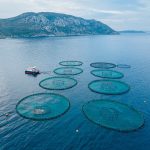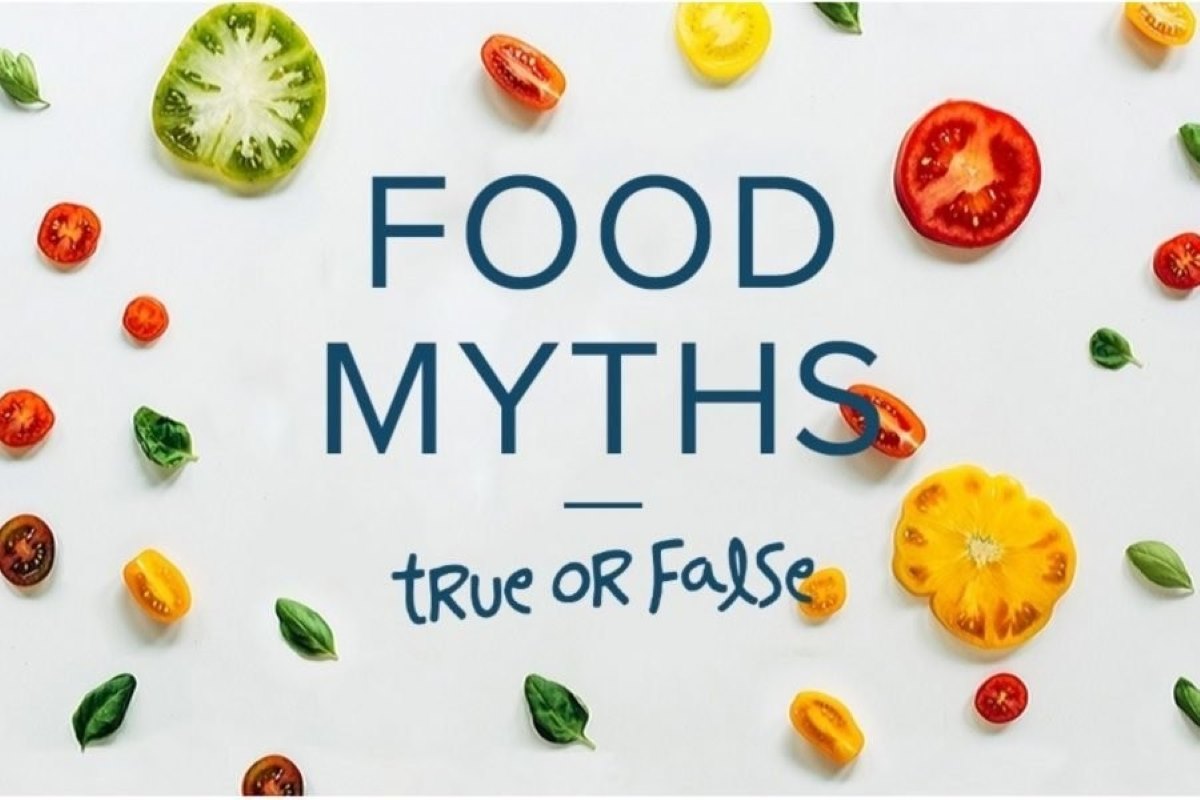How would you like to get some food myths debunked? There are widespread claims that brown eggs are healthier. Or are you of the lot thinking that eating carbs can lead to weight gain? You should embrace a paradigm shift when the facts come bare.
Like the tales of Bigfoot or the boogeyman, many common food misconceptions are flying around. Back of most of these myths is lore passed on by word of mouth or outdated science.
This piece is designed to isolate the top food myths and demystify them in one fell swoop. Stick around as we debunk seven food myths through evidence-based facts.
Myth 1: Carbs Make You Fat
It is subtly ingrained in the perception of most people out to lose weight that carbs are their foremost enemy. Meanwhile, nothing could be further from the truth than this. According to the Mayo Clinic, carbohydrates are not the primary driving factor behind weight gain, but rather energy imbalance.
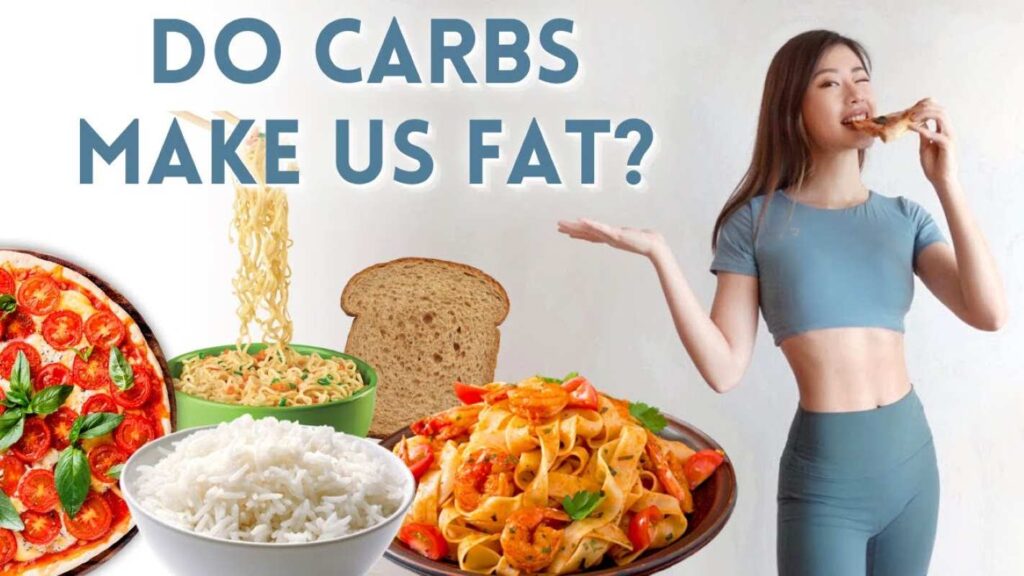
On the contrary, it is inconsequential if your meals are rich in carbohydrates, proteins, or fats. If you consume more than necessary of any macronutrient, the surplus calories will likely translate to weight gain.
However, multiple studies have established that consuming complex carbohydrates is healthier than refined ones. Why? Refined carbs get digested seamlessly and easily drive up blood sugar levels. 1 out of 7 food myths debunked, to the next food fact checker.
ALSO READ: Are Organic Foods Really Healthier? The Truth Behind the Hype
Myth 2: Fresh Is Always Better Than Frozen
When discussing the quality of food items like vegetables, meat or seafood, some folks always insist on having fresh or nothing. Indeed, some people would not touch frozen fish or beef with a long stick. Why? Maybe it reminds them of cadavers. There is also the healthy eating misconceptions variant: claims that fresh food is more nutritious than frozen food.
While the freezing process can drive up your power consumption bill, it does not add nutrient degradation to its list of demerits. Boycotting frozen food because you think fresh ones are nutritionally better off would be synonymous with subscribing to outdated food advice.
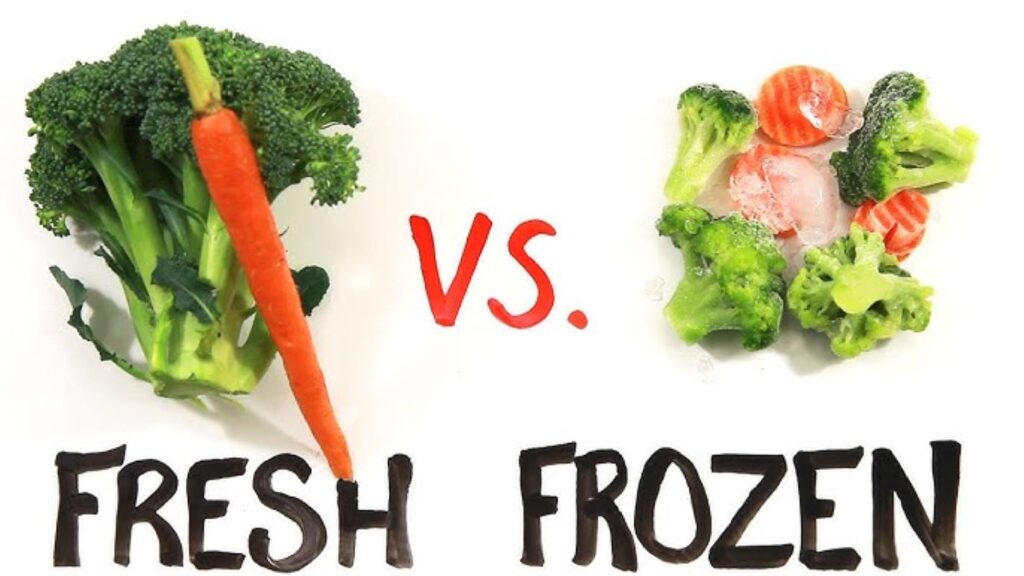
Examining the inner workings of the global food supply chain may even help us with debunking nutrition myths about frozen foods. For example, long haulage hours or poor storage conditions may make fresh produce worse off nutritionally relative to frozen produce.
Yes, eating fresh is great. However, when long-term preservation or long-term storage is the priority, frozen foods may preserve nutrients better than even the fresh lot. 2 out of 7 food myths debunked.
Myth 3: Brown Eggs Are Healthier Than White Eggs
It’s time to distinguish the nutrition facts vs myths of egg quality. Some people see brown eggs as healthier than white eggs. The logic behind these false diet beliefs is the assumption that brown eggs are sourced from free-range or organic production. This school of thought also assumes that white eggs are mass-produced and a commercial contraption.
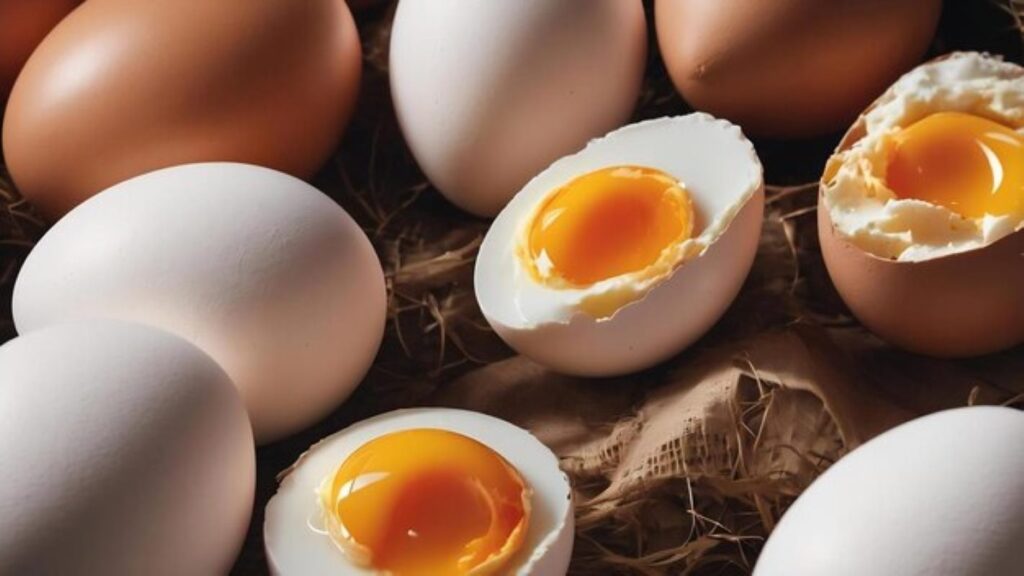
However, the color of eggshells has no relationship with the nutritional value of their content. Research has it that an egg’s shell color depends on the laying breed and the nutritional content of its diet. Permit us to go further in debunking nutrition myths about eggs: brown and white eggs taste the same. Modern food science clarifies that eggs are just like humans; on the surface, they could be of different colors, but are largely similar.
Myth 4: You Should Avoid All Fat
In an age where more people are becoming conscious about their nutritional health, fat is one of the most demonized nutrients out there. However, our food fact checker found that not all fats are bad. Indeed, there’s such a thing as healthy fats. Nonetheless, there are various categories of fat, and trans fats are the type you want to avoid. Trans fats are mostly made by adding hydrogen to vegetable oils.
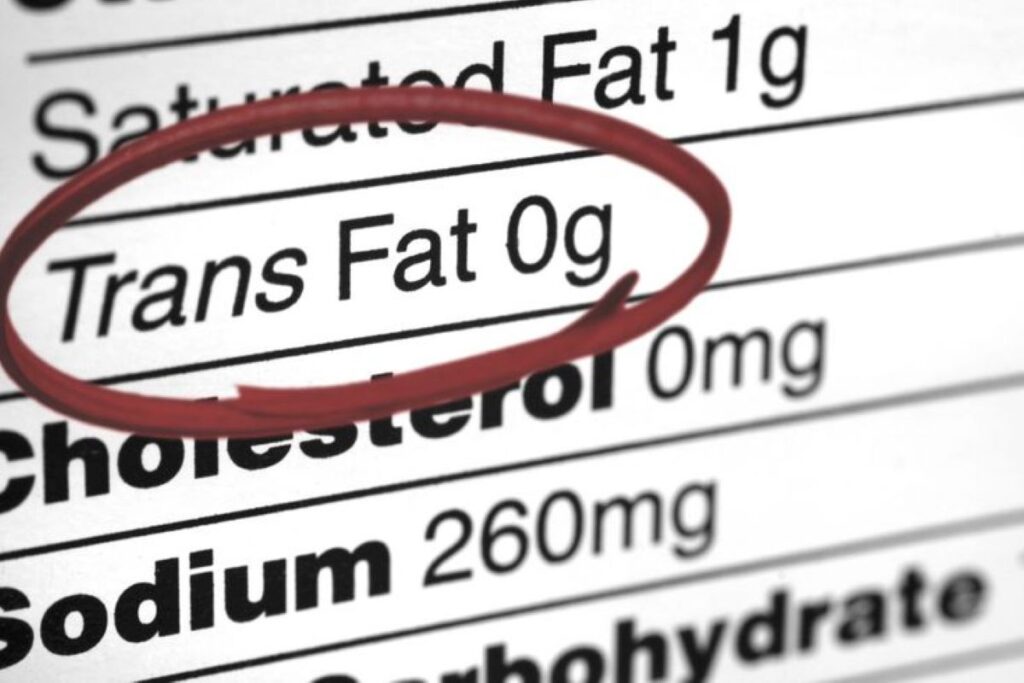
Trans fats are regular suspects in ultra-processed foods, are culpable for raising cholesterol levels and may result in heart attack risks for consumers. On the contrary, minimally processed fats from natural sources can be healthy when consumed in moderate quantities.
So, next time someone tries to force the healthy eating misconceptions down your throat, like about fats being bad, ask them: “What kind of fat?” In addition, it is noteworthy that unsaturated fats, like omega-3 fatty acids found in oily fish, aid nutrient absorption and brain health.
Myth 5: Microwaving Kills Nutrients
Has anyone ever suggested you stop heating food in microwave ovens? If yes, they must have provided multiple reasons why microwaving food is bad. Let’s just cut to the chase and dislodge some of such outdated food advice.

Microwaving food does not rob the heated food of nutrients. Indeed, some further readings on the science of microwaving will reveal that it even preserves nutrients better than some other heating methods. In addition, microwaving makes it possible to heat food in record time after arriving home famished. There you have another of the many food myths debunked.
Myth 6: Detox Diets Cleanse Your Body
Plus-size folks and those looking to keep trim have probably chanced on detox diet products in their search for quick fixes. No diet, or even medication, can cleanse your body as well as it cleanses itself. The human body is a marvel of sustainable bioengineering because it has an in-built and sophisticated detox system. A healthy liver and kidneys will eliminate every toxic substance that enters the body. All the body needs is time.
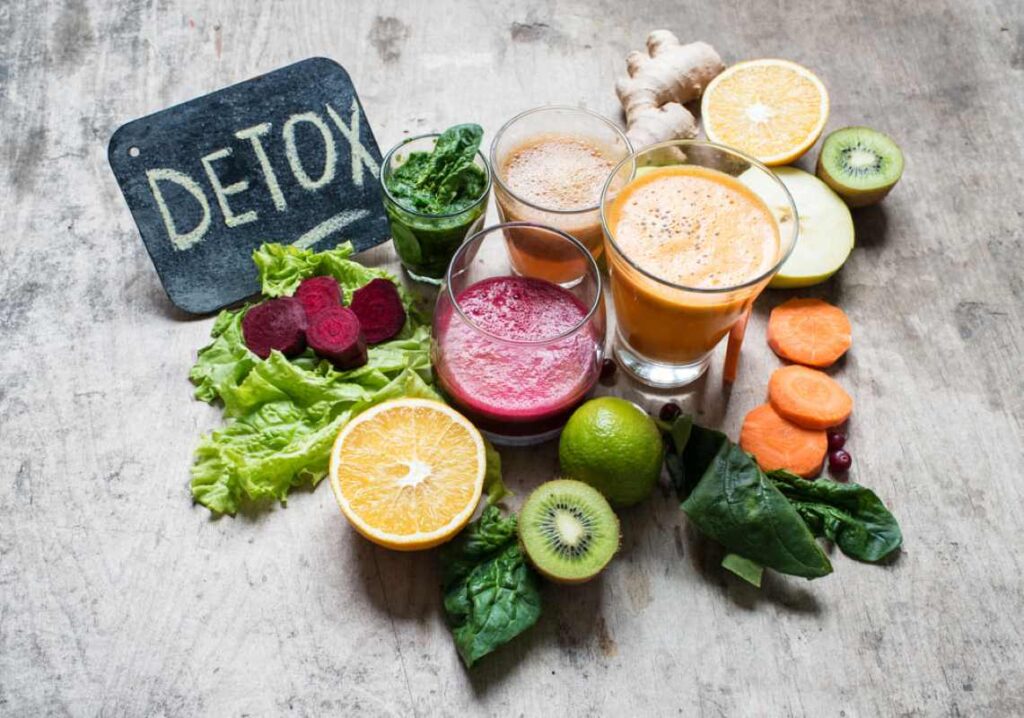
While carefully distinguishing food truth vs myth, we should also be wary of extreme cleanses and juicing fasts. Juice-only diets can make adherents deficient in certain nutrients, causing physiological issues. Another excuse often touted by detox diet enthusiasts is the claim that our natural detoxification pathways are overburdened. Way out? Eat a balanced diet, in moderation, avoid toxicants, and leave your body to the task of detoxification.
ALSO READ: The Truth About Processed Foods: Are They Really That Bad?
Bonus Myth Round-up
Let’s knock off three more myths as a bonus to round up this food science truth or dare piece.
Eating late makes you gain weight
No, like carbs, eating late does not in itself cause a direct incidence of weight gain. However, if the meal consumed at that time of day causes an imbalance of calories, expect some fat accumulation.
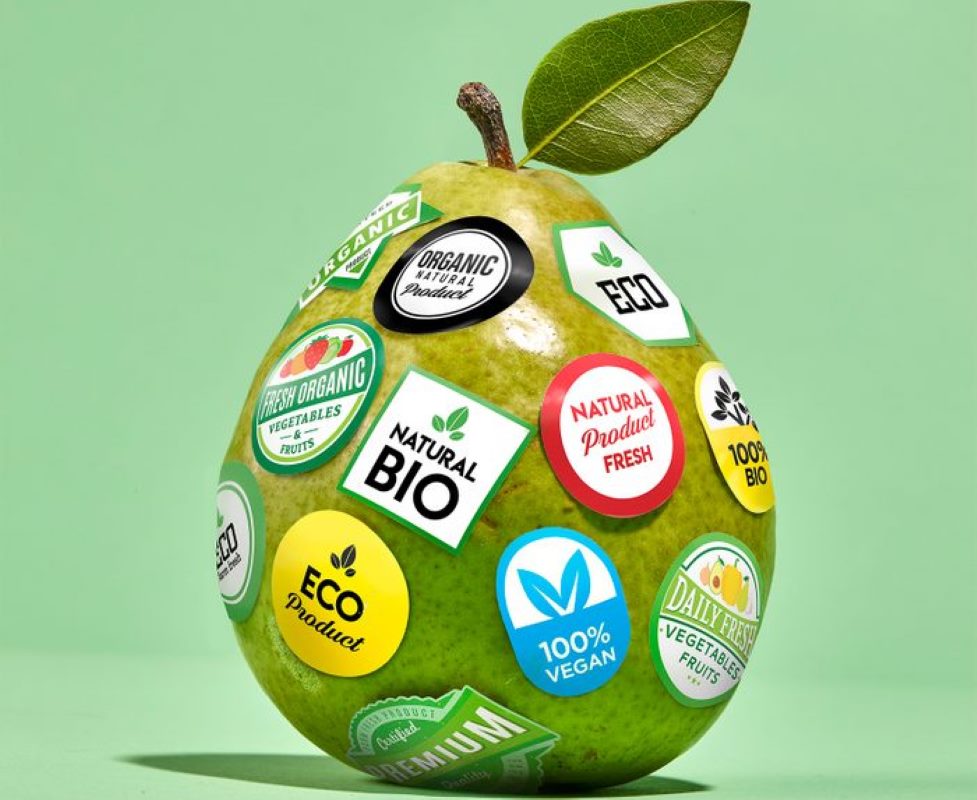
Organic Foods Are Always Healthier
Organic foods offer less or zero exposure to the toxic substances used in conventional agricultural methods. However, there is no evidence that organic farming makes food produced through those methods more nutritious than non-organic.
Gluten-Free is Better for Everyone
This is not a food science truth. According to the National Library of Medicine, just a little over 5% of the global population is susceptible to gluten-related disorders. So, not everyone must keep strictly to a gluten-free diet. If you find products containing gluten hold down well in your digestive system, by all means, savor them. Albeit, like we always say, in moderation.
Intelligence is going artificial, and critical thinking is necessary for fielding all the food myths bombarding media spaces. It is also essential to acquire modern food science knowledge for the best ingredients for healthy choices. So, next time someone offers you some nutrition advice, endeavor to check up with authority figures in the field.
“In food and life, myth-busting is the first step to smarter living.”
ABOUT THE AUTHOR

Babatunde Olufemi is a food scientist, educator, and science-based food writer with academic and practical exposure to food processing, nutrition, food safety, and the global food industry. Through Quill of Grubs, he breaks down complex food science topics into clear, accessible explanations for everyday readers, students, and professionals.






